Table of Contents
My Check Engine Light is On Why? Case Study: Mercedes-Benz GLB 200 with M282 Engine
The check engine light (CEL) is one of the most common warnings Mercedes-Benz drivers face. While sometimes linked to simple issues like a loose gas cap, in other cases it points to deeper mechanical or electrical problems. Ignoring it can lead to engine damage, reduced performance, or costly breakdowns.
In this real-world case study, we’ll examine a Mercedes-Benz GLB 200 with the M282 engine. The customer reported the check engine light was on. The diagnostic process revealed that the fault originated from fuel system wiring damage caused by rodents. We’ll explore the full diagnosis, repair process, and preventive measures.
This article belongs to our Mercedes Check Engine Light – Complete Troubleshooting Hub, where you’ll find related guides and detailed repair case studies.

Vehicle Overview
- Make & Model: Mercedes-Benz GLB 200
- Engine: M282 (1.3L turbocharged petrol)
- Customer Complaint: “My check engine light is on, why?”
Step-by-Step Diagnosis
Step 1: Reading the Fault Code
Using the Mercedes STAR diagnostic system, the technician scanned the ECU.
- – Fault Code Retrieved: P-147100 – Fuel Pump Control Unit Fault detected in the ME (Motor Electronics) unit.
This pointed toward a fuel pressure sensor or fuel pump control unit malfunction.

Step 2: Guided Test & Electrical Checks
Following the Mercedes-Benz Guided Test, electrical parameters were checked:
- – Supply Voltage: Present, U= 5V
- – Resistance Value: Absent, R= OL
This indicated a possible wiring break or sensor damage.



Step 3: Fuel Tank Removal & Visual Inspection
Because the sensor was mounted on the fuel system, the fuel tank had to be removed.
=> During inspection, the technician found rodent damage:
- – Wires leading to the fuel pressure sensor had been chewed through, cutting the signal.
This explained why the ECU detected a fault despite the presence of supply voltage.



Step 4: Repair Process
Corrective Actions Taken:
- 1. Repaired damaged wiring with automotive grade wires and protective sleeving.
- 2. Reassembled fuel tank and sensor unit.
- 3. Cleared fault codes from the ECU using STAR diagnostics.
- 4. Verified fuel pressure values during live monitoring → readings were normal.
Result: Engine light turned off, and no fault codes reappeared.


Symptom – Cause – Fix Table
| Symptom | Possible Cause | Repair Solution |
|---|---|---|
| CEL with fuel pump fault code | Wiring damage to fuel pressure sensor | Repair or replace wiring harness |
| CEL + poor performance | Fuel pump or fuel filter issue | Inspect and replace faulty component |
| CEL after parking long-term | Rodent damage in engine bay or fuel tank area | Inspect harnesses, repair wiring |
| CEL with no drivability issues | Loose or faulty gas cap | Tighten or replace gas cap |
Lessons Learned
- 1. Rodent Damage is a Real Threat
- – Vehicles parked in rural or closed environments are more prone to rodent attacks.
- – Wires coated with soy based insulation attract rodents.
- 2. Systematic Diagnostics Prevent Wrong Repairs
- – The initial suspicion could have led to replacing the fuel pump control unit, a costly part.
- – Guided voltage and resistance tests revealed the real issue was wiring damage, not component failure.
- 3. Preventive Measures Matter
- – Ultrasonic repellents, peppermint spray, or commercial rodent tape can deter future damage.
Common Causes of Check Engine Light in Mercedes Vehicles
| Cause | Description |
|---|---|
| Faulty sensors | O₂, MAF, or MAP sensors failing can disrupt air-fuel mixture. |
| Loose/faulty gas cap | Triggers CEL due to vapor leaks. |
| Catalytic converter issues | Can cause emissions failure and reduced efficiency. |
| Ignition faults | Spark plugs, ignition coils, or injectors misfiring. |
| Fuel system problems | Faulty fuel pump, clogged filter, or damaged sensor. |
| Battery/alternator issues | Low voltage can trigger false codes. |
| Transmission faults | Solenoid or clutch issues affecting engine load signals. |
Can You Drive with the Check Engine Light On?
- – Steady CEL: Often minor. You can drive short distances but schedule diagnostics soon.
- – Flashing CEL: Serious (usually misfires). Stop driving immediately to prevent catalytic converter damage.
- – Performance Issues Present: If you feel hesitation, loss of power, or strange noises → reduce driving and seek repair immediately.
FAQs: My Check Engine Light is On Why
Q: Why was my check engine light on in this case?
The GLB 200’s light came on due to fuel pressure sensor wiring damage caused by rodents.
Q: How much does it cost to repair rodent-damaged wiring?
Depending on severity, repairs range from $150–$600, while full harness replacement can exceed $1,000.
Q: How can I prevent rodents from damaging my Mercedes?
- – Use rodent repellents (ultrasonic devices, peppermint oil, or rodent tape).
- – Keep the parking area clean and free from food scraps.
- – Inspect the engine bay regularly.
Q: Can a weak battery trigger the check engine light?
Yes. Low voltage can confuse the ECU and trigger fault codes.
Conclusion
In this Mercedes-Benz GLB 200 with M282 engine, the check engine light came on due to rodent damage to the fuel pressure sensor wiring. Through systematic diagnostics including guided voltage and resistance checks, fuel tank inspection, and wiring repair the fault was resolved without replacing costly components.
This case demonstrates the importance of:
- – Running full diagnostics before replacing parts.
- – Considering environmental factors like rodent activity.
- – Using preventive measures to protect sensitive wiring.
For more repair guides and case studies, visit our Mercedes Check Engine Light – Complete Troubleshooting Hub.
Author Bio
Written by Mercedes Expert
With years of hands-on experience diagnosing and repairing Mercedes-Benz systems, he brings technical depth and practical case studies to help car owners, technicians, and enthusiasts troubleshoot complex automotive issues. His work focuses on clear repair guides, OEM-level procedures, and knowledge-sharing to empower both professionals and drivers.
Last update: September

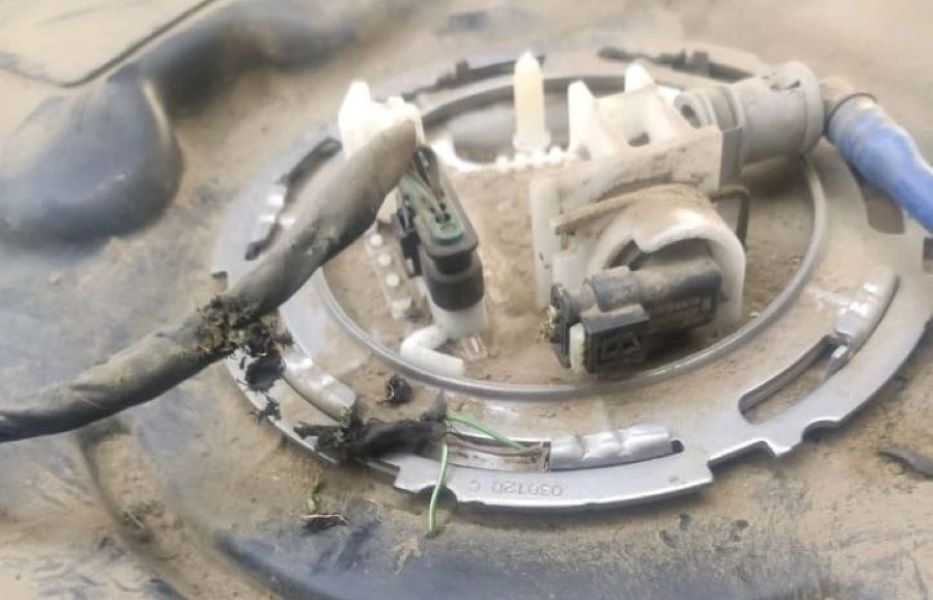
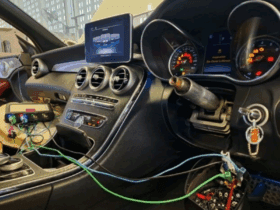
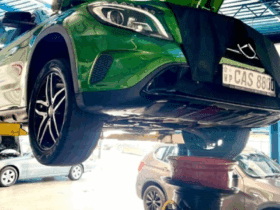
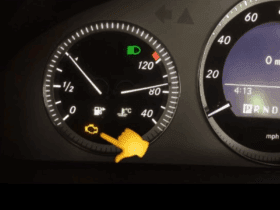
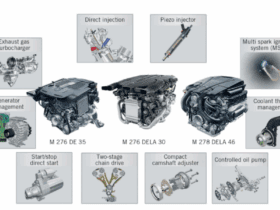
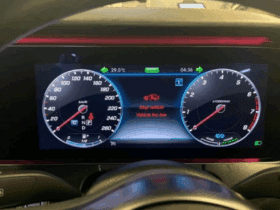
Leave a Reply